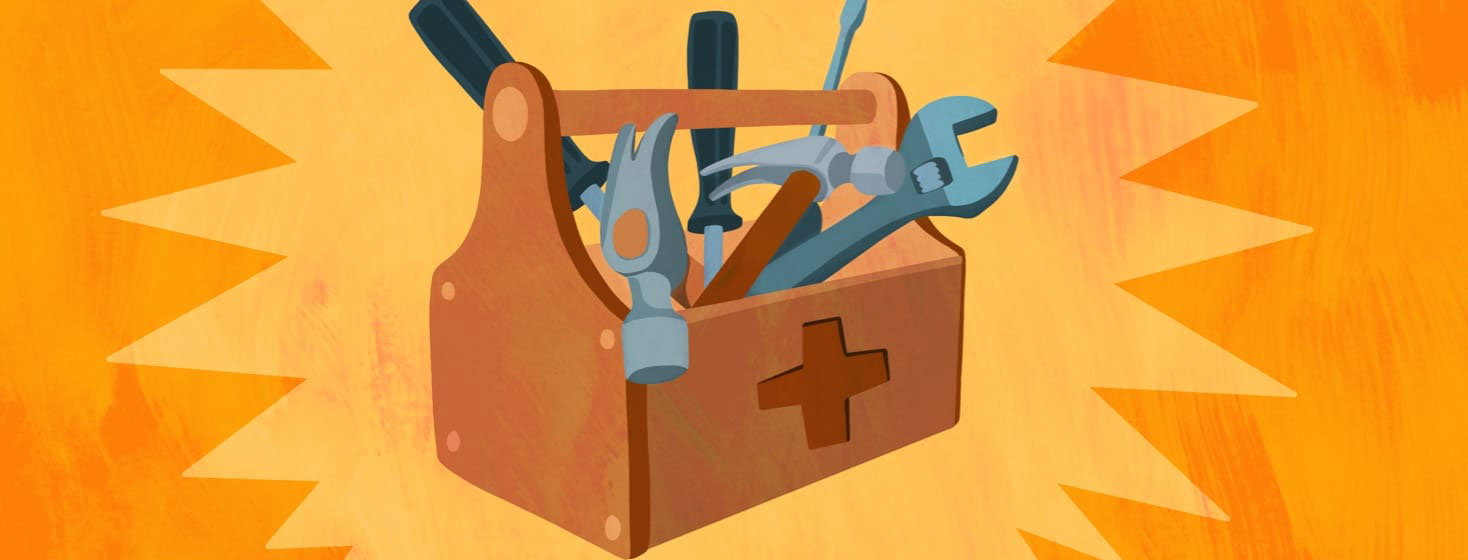Rare Diseases and Preparing for an Emergency
Medical emergencies are certainly no fun, especially when a rare disease is in the mix. However, being prepared for a potential emergency can make the nightmare of a situation slightly more manageable to navigate.
One of my specialists recently told me, "If you have any sinus issues or a sinus infection, you cannot be treated by just any doctor at urgent care. Your sinuses are so complicated after your multiple surgeries. You need to call me."
"Okay, sure, no problem," I thought. But then I thought about it further.
What if I am in an actual emergency?
What happens if I'm in a true emergency and cannot speak for myself, AND I'm also experiencing a sinus issue? This may sound far-fetched, but weirder medical things have happened to me.
That's when I started exploring resources that might help in an emergency. Within each of the medical information tools that I created, I listed several things:
- My name and age (or birth date)
- My multiple autoimmune conditions and other reoccurring issues I am prone to experiencing
- Recent medical procedures
- Allergies and food restrictions
- A list of current medications
- Contact information specific to certain emergencies
- 2 emergency contacts (who also have their own set of information if they need it)
Tools that help me prepare for an emergency
Medical card
I have a slip of paper with this information that I keep in my wallet near my insurance card and ID.
Email to emergency contacts
My emergency contacts have an email containing my medical card and doctor's contact information.
Health app
The Apple Health app has a handy feature called Medical ID, which somebody can access on the lock screen and during an emergency call. Users can write as little or as much information on the Medical ID as they would like, and mine contains all the information I list on my medical card.
Also, when using Emergency SOS to call emergency services, the app automatically alerts my emergency contacts with my current location. Be aware that technology features are always subject to changes and glitches.
Emergency medication
When I travel, I always bring a bag of emergency medication in case a recurring issue flairs or medication gets misplaced or damaged. My emergency contacts know where it is stored in case someone needs to get access to it for me.
Family medical history list
My family has so many conditions; I can never keep them all straight. There was a time when I was hopping from one primary care doctor to another as my insurance changed every year, and this became a helpful tool when talking with new doctors.
List of important dates
When was I diagnosed with my second autoimmune condition? And was that third surgery in 2021 or 2022? Time seems to escape me, and I know that my poor memory for dates would have no chance in an emergency. A list can be handy.
Other resources for emergency preparedness with a rare disease
An additional option is a health binder. Some friends in the community created a binder of health information (specialist information, test results, letters from doctors, etc.), which they keep in their cars. Living in New York City, I only use public transit, so this tool is not practical for me to carry around all day. But I may create a digital version to store on my phone.
It's also a good idea to revisit and update this information yearly or sooner if there are health changes, surgeries, new conditions, etc.
What tools do you use to prepare in case of an emergency?
I hope I never need to use these tools, but I'm glad they are available. Do you have additional tools that you've created in case of an emergency?
Please feel free to share your ideas in the comments - your ideas could have a major impact on someone else's care.

Join the conversation